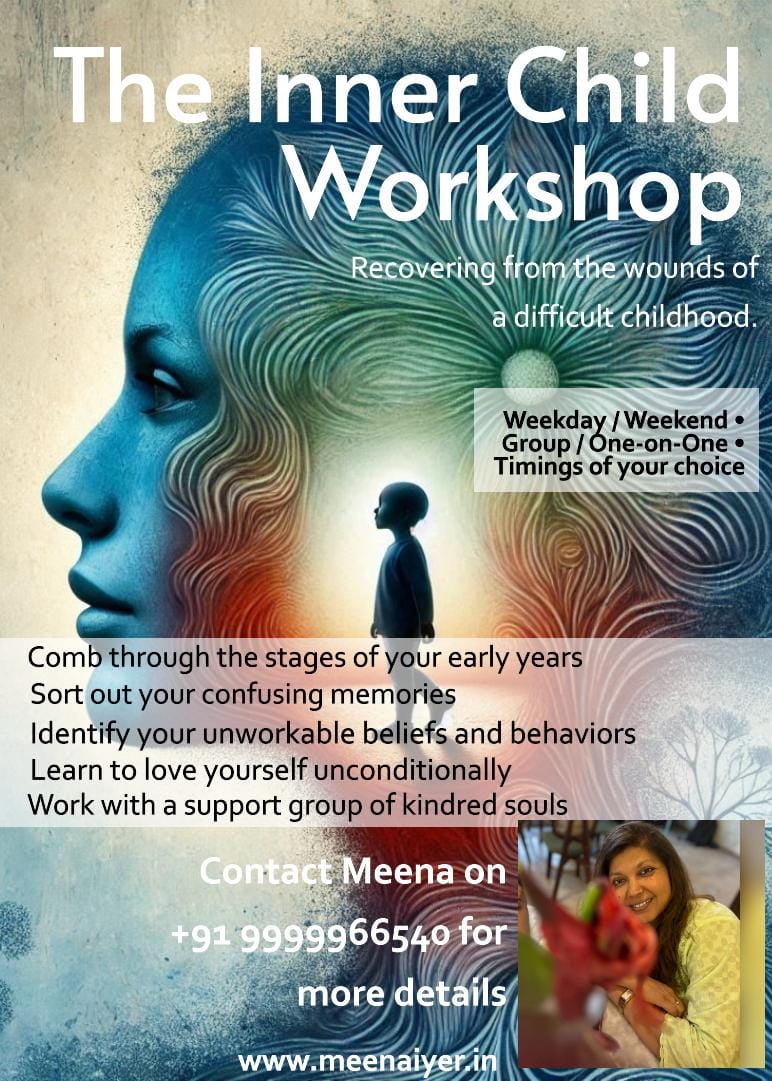From Self-Doubt to Self-Love: Healing the Limiting Beliefs of Your Inner Child
Understanding Self-Doubt and Its Impact
Self-doubt is that nagging voice in your head that tells you you’re not good enough, not capable enough, or not deserving of love and success. It can show up in your relationships, career, and personal aspirations, keeping you stuck in a cycle of hesitation and fear. Self-doubt is the enemy of your progress.
When self-doubt sets in, it can lead to procrastination, avoidance of opportunities, and even self-sabotage. It makes you question your abilities and prevents you from taking risks or believing in your potential. Over time, it chips away at your confidence, leaving you feeling small, unseen, and unworthy. But where does this self-doubt originally stem from?
The Inner Child and Limiting Beliefs
Many of the doubts you carry today didn’t originate with you. They were planted in your subconscious during childhood by the words and actions of the people around you—parents, teachers, caregivers, or peers. The way you were spoken to as a child shaped the way you speak to yourself now. If you frequently heard phrases like:
- “You’re too sensitive.”
- “You’ll never be good enough.”
- “Why can’t you be more like [someone else]?”
- “Stop crying; it’s not a big deal.”
Your inner child likely internalized these messages as truth. Even as an adult, these limiting beliefs continue to operate beneath the surface, causing self-doubt to dominate your thoughts and actions. The good news? You can change these narratives.
Healing Yourself With Inner Child Work
Healing self-doubt requires revisiting these childhood experiences with compassion. Your inner child is still within you, waiting to be acknowledged, comforted, and reparented in a way that fosters self-love instead of criticism. Here’s how you can begin that journey:
1. Acknowledge Your Inner Child
Start by recognising that the self-doubt you feel is not who you are—it’s a learned belief. Take a moment to reflect on the origins of these feelings. Question the default statements when they arise in your mind. When did you first start doubting yourself? Whose voice do you hear when you criticize yourself? This awareness is the first step in healing.
2. Reframe the Narrative
Once you identify the limiting beliefs imposed on you, you can begin to reframe them. Instead of believing “I’m not good enough,” tell yourself: “I am enough just as I am.” Instead of “I always fail,” affirm: “I am learning and growing with every experience.” Speak to yourself the way you wish you had been spoken to as a child—with kindness and encouragement. Give your Inner Child permission to learn and grow with you as their affirmative and nurturing parent.
3. Practice Self-Compassion
Self-love begins with self-compassion. Imagine comforting your inner child the way you would comfort a child who is scared or hurt. Would you shame them for feeling insecure? Or would you reassure them that they are loved, worthy, and safe? Each time you feel self-doubt creeping in, remind yourself that you are not that powerless child anymore—you have the ability to choose a different response.
4. Engage in Inner Child Practices
Journaling, visualisation, and letter-writing can be powerful ways to connect with your inner child. Write a letter to your younger self, offering the love and encouragement they needed but may not have received. Picture yourself as a child, and imagine giving them a hug, letting them know they are safe now. Set aside time to meet you needs, the ones that went unmet when you were a child. Apportion time for your hobbies and creative pursuits and watch your inner child come alive and be spontaneous.
5. Surround Yourself with Positive Reinforcement
Your environment plays a crucial role in reinforcing self-love. Surround yourself with people who uplift you, engage in activities that bring you joy, and consume content that inspires self-acceptance rather than self-criticism. Affirmations, therapy, and self-help books can also be valuable tools in this process.
Embracing Self-Love
When you heal your inner child, you shift from self-doubt to self-love. You begin to see yourself as worthy, capable, and enough—just as you are. The same way a loving parent nurtures a child’s confidence, you can nurture your own sense of self-worth.
Remember, self-love isn’t about being perfect; it’s about embracing yourself fully, imperfections and all. When you start to replace the critical voice of self-doubt with the voice of unconditional self-love, you create space for growth, confidence, and inner peace.
Your inner child deserves to be loved. And so do you.
Meena Iyer
Psychologist, NLP Master Practitioner, Inner Child Healer, Sobriety Coach, Breathwork Facilitator.
https://www.meenaiyer.in/

Leave a Reply